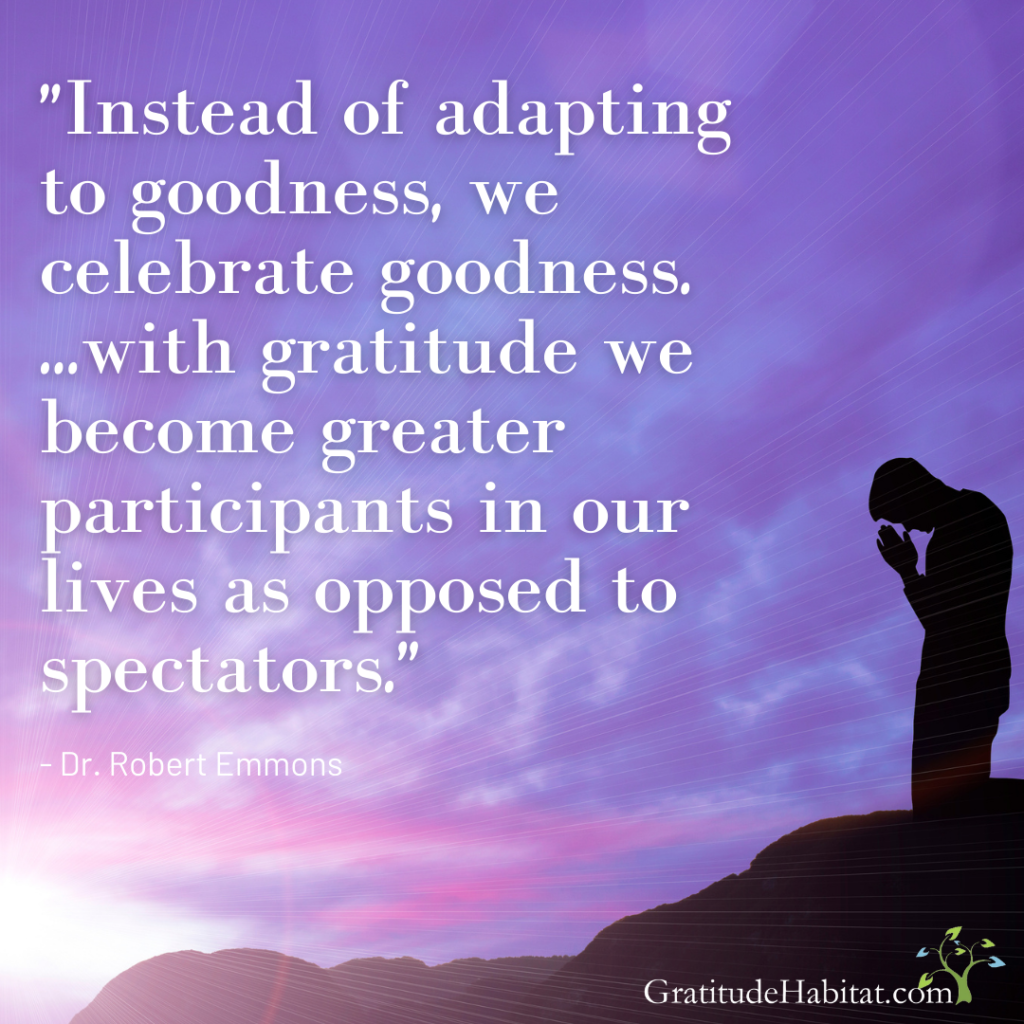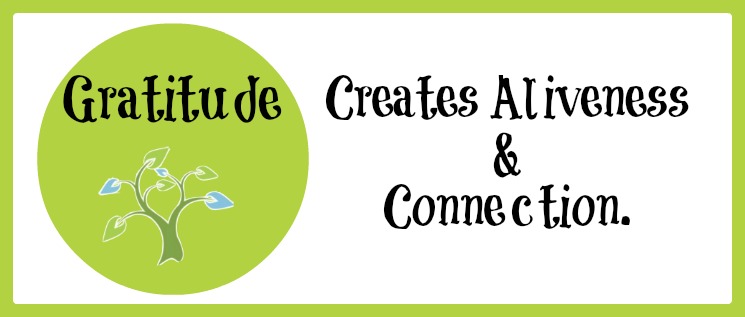Living In Gratitude: Celebrate the Goodness
Brené Brown recently published Atlas of the Heart, a compendium of 87 key human emotions. Chapter 11 entitled Places We Go When Life Is Good, delves into a multitude of emotions, including joy, happiness, calm, contentment, and gratitude.
Besides being a best-selling author, Brené is a successful podcaster, professor, and lecturer. She is best known for her extensive research on shame, vulnerability, fear, and leadership, and she has an incredibly popular 2010 TED Talk on vulnerability. Her Netflix special, A Call to Courage, is also powerfully insightful. Both are worth watching.
Here’s what she has to say about gratitude in Atlas of the Heart:
“There is overwhelming evidence that gratitude is good for us physically, emotionally, and mentally. There’s research that shows that gratitude is correlated with better sleep, increased creativity, decreased entitlement, decreased hostility and aggression, increased decision-making skills, decreased blood pressure–the list goes on.”
She offers up research from Dr. Robert Emmons, professor of psychology at UC Davis and the “world’s leading scientific expert on gratitude.”
Dr. Emmons says this about gratitude:
“Gratitude makes us appreciate the value of something, and we when appreciate the value of something, we extract more benefits from it; we’re less likely to take it for granted.
…gratitude allows us to participate more in life. We notice the positives more, and that magnifies the pleasures you get from life. Instead of adapting to goodness, we celebrate goodness. …with gratitude we become greater participants in our lives as opposed to spectators.”
Brown digs into Dr. Emmons statement about adapting VS celebrating goodness, saying that scarcity is a key factor in our adapting instead of celebrating goodness. “We either want things for the wrong reasons, then feel disappointed when we acquire them, or we just can’t accumulate enough to feel whole, so we accumulate and adapt, never valuing or appreciating.”

She goes on to share the definition of gratitude that formulated from her research:
“Gratitude is an emotion that reflects our deep appreciation for what we value, what brings meaning to our lives, and what makes us feel connected to ourselves and others.”
To experience and embrace the fullest power of gratitude in our lives, we must practice it. It isn’t simply an attitude but a celebration of goodness that must be put into action daily.
Although gratitude is powerful and can forge deep appreciation, connection, and meaning, she stresses that it is not a cure for mental health issues like depression, trauma, or anxiety.
Immediately after the section on gratitude, Brene talks about foreboding joy.
“If you’re afraid to lean into good news, wonderful moments, and joy–if you find yourself waiting for the other shoe to drop–you are not alone. It’s called foreboding joy, and most of us experience it.”
Brown says that “when we push away joy, we squander the goodness that we need to build resilience, strength, and courage.
The good news? In our research, we found that everyone who showed a deep capacity for joy had one thing in common: they practiced gratitude. In the midst of joy, there’s often a quiver, a shudder of vulnerability. rather than using that as a warning sign to practice imagining the worst-case scenario, the people who lean into joy use the quiver as a reminder to practice gratitude.”
Lean into joy. Celebrate the goodness. Practice gratitude.
May your day be filled with gratitude, joy, celebration, and good things.








